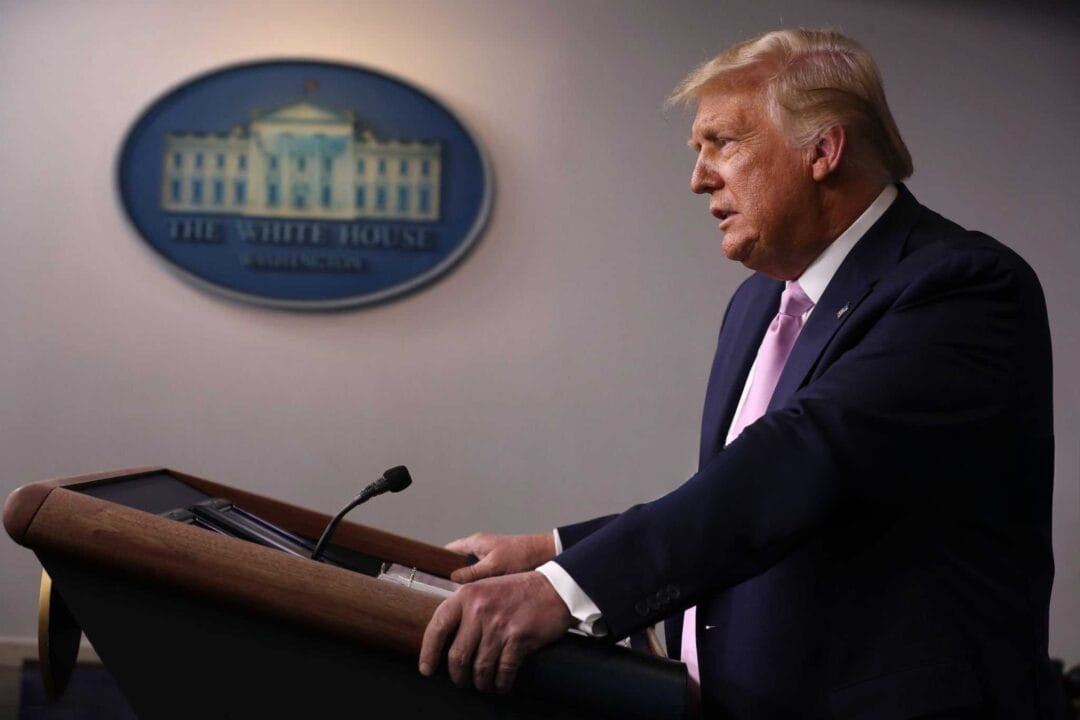
For the latest chapter in the epic that involves a tariff under the Trump administration, the United States recently announced the full commercial barriers on the neighboring neighbors in Canada and Mexico, as well as China and India after only days. This decision sent a shock through both markets and logistical networks.
So let’s take a closer look at why at what cost?
Definitions or stop them: strategy or chaos?
This chaos was followed when President Trump announced a 25 percent tariff for all imports from Canada and Mexico, citing national security security and border concerns. The market’s reaction was immediately sharply, and the American commercial partners soon threatened counter -measures.
Within a few days, the administration retreated, and claimed the diplomatic “progress”. China, one of the goals of Trump’s main tariff, has been restored to the trade war, where reports have emerged on possible new definitions, only to officials to alleviate their position, and hint on continuous trade negotiations. India also found itself at the Washington intersection during the customs tariffs on major Indian exports, despite the previous indicators of a more friendly trade relationship. This unexpected approach has left the stampede companies, in an attempt to see if the shipments should be redirected, imported, or impulsive orders before entering customs duties.
So what leads this instability?
Here are some possibilities:
Financial leverage: The threats of customs tariffs may be a tactical tactic to pressure Canada, Mexico and India in commercial concessions or the enforcement of stricter trade agreements. Checking economic reality: Definitions are presented to serious damage to American industries that depend on global supply chains such as car manufacturers, technology companies and retail dealers. This rapid reflection was forced. Political Theater: Of course, with the elections looming on the horizon, Trump’s strong position appeals to his base. However, the economic damages of definitions have forced the retreats so far.
Wall Street wild ride
The markets are thrived on the possibility of predicting, and this tariffs injecting fluctuations into the financial system. As the Nasdaq Stock Exchange decreased more than a hundred, the S&P 500 2 percent decreased in one day, either investors are sold before or struggled to understand everything. Trump’s reluctance to exclude the recession only added fuel to the fire, and sending shares to a dirty cycle. Even safe armed assets, such as gold, saw dramatic fluctuations.
So what does all this mean for air charging?
Irrigation uncertainty has real and immediate consequences. Each new introductory threat sends the companies hanging to the redirect of shipments, and throwing the freight corridors established in the chaos. These sudden repercussions make long -term logistical services plan a nightmare. At times of such companies, they also try to rush to goods before potential tariffs, temporarily enhances the demand for air cargo, only to see them fall when policies turn again.
Universal repercussions in response to an unpredictable trade policies in the United States, traditional commercial partners actively seek to protect their economies by diversifying trade relations and reducing dependence on American markets. Canada and Mexico have expressed deep frustration of the inability to predict Washington. In Canada, the recent appointment of Mark Karni as a new leader has led to more trade tensions with the United States, and as of now he intends to maintain a revenge tariff for American goods until the United States recommends free trade.
China has reduced the latest tariff threats from the United States, but exporters are proactive by converting supply chains to Europe and Southeast Asia to alleviate the risks associated with US tariffs. India was recently backed by the American decision to cancel commercial privileges and pointed to intentions to search for stronger trade relations with alternative partners, including the European Union (European Union) and the Association of Southeast Asian countries (ASEAN). Europe has also warned that the US wrong trade policy undermines global business confidence, forcing European companies to search for alternative resource and production strategies.
The European Union’s fears of the need to maintain stable commercial relations and protect their economies from the effects of ripples of the inability to predict the American trade.
How can the industry mobilize in the event of uncertainty?
Although we cannot confirm Trump back and forth when it comes to tariffs, the intended negotiation tactics, its consequences are very real. Companies, investors and logistics operators are left to scramble to adapt to the transformation policies, making long -term planning impossible. In making air cargo, where the ability to predict a king, this level of uncertainty will prove that it is not sustainable.